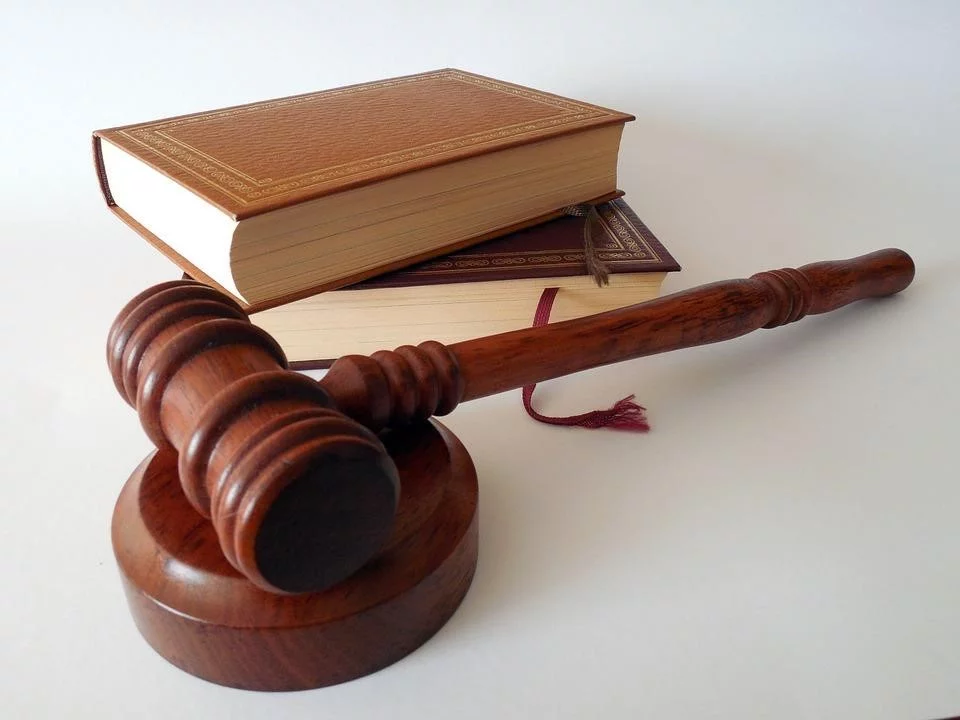
Earlier this month, the family of an 18-year-old boy, Edgar Monserratt Martinez, who was killed in an explosive crash on May 8, 2018, filed a wrongful death lawsuit against the car manufacturer, Tesla, and one of its Broward County employees. The lawsuit claims that the car was defective and a worker negligently disabled a device installed to limit the speed of the vehicle.
The complaint, which was filed in Broward Circuit Court, alleges that the crash involving the 2014 Tesla Model S sedan likely would not have occurred, had the worker at a local service center not removed a device to prevent the vehicle from going over 85 mph. The parents of the teen driver had installed the device earlier, and had no intention of having it removed.
Martinez was the front-seat passenger when the Tesla, which was driven by classmate Barrett Riley, traveled at 116 mph, lost control on a curve, careened into a concrete wall, and burst into flames. Both boys died at the scene. The medical examiner had to use dental records to identify the bodies. Both Martinez and Riley were only a few weeks away from graduating high school.
A few months prior to the accident, Riley had been clocked at 112 mph and had been ticketed while driving the Tesla. His parents subsequently had the car manufacturer install a device that would limit the vehicle’s top speed to 85 mph. However, when the car was taken in for maintenance at a local service center about a month before the crash, an employee, James Constantino, removed the device without telling the Riley family.
The lawsuit states that, had the Rileys known, “they would not have permitted their son, Barrett Riley, to operate the vehicle.” The lawsuit further claims that if the device had not been removed, Riley would not have been traveling as such a high speed, would not have lost control, and would not have crashed; and therefore, both Riley and Martinez would still be alive.
The lawsuit also alleged that the luxury car had an unsafe, defective battery prone to catching fire, intensely and uncontrollably. Specifically, the lawsuit claims that the defective battery pack led to the fire and that the car manufacturer “failed to warn purchasers of its vehicles of the battery’s dangerous condition.” Attorney Philip Corboy Jr. stated that “[t]he batteries have been causing problems in Teslas all over the world…This has been a long ongoing problem with Tesla cars.”
The lawsuit is seeking unspecified monetary damages for negligence and demands a jury trial.
In an emailed statement, a spokeswoman for Tesla said “[o]our thoughts continue to be with the families affected by this tragedy…Unfortunately, no car could have withstood a high-speed crash of this kind.” The Tesla spokeswoman also said that it introduced its Tesla’s Speed Limit Mode last year, which allows a Tesla owner to set speed and acceleration limits for their vehicle. That update came after the fatal crash.
